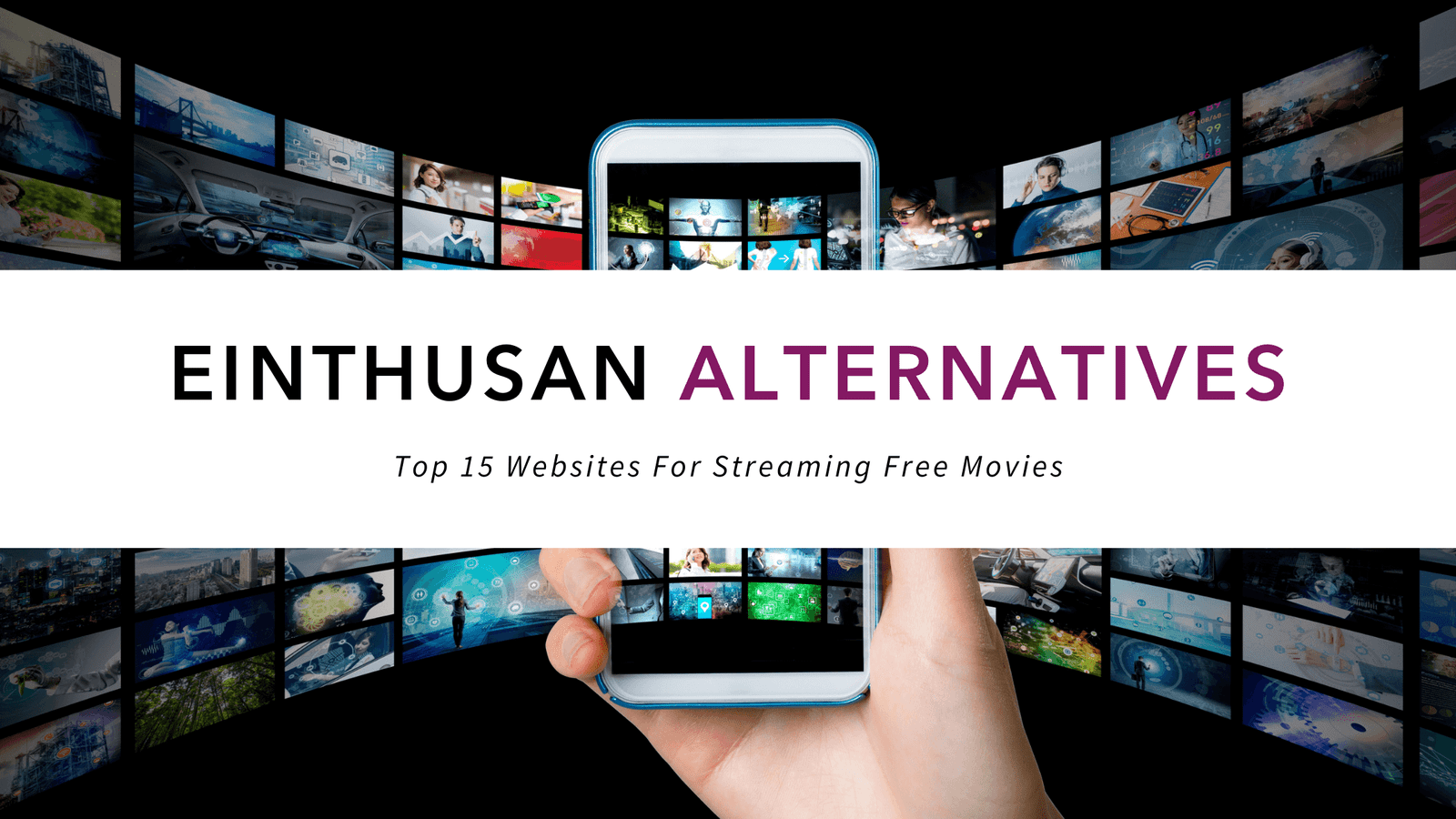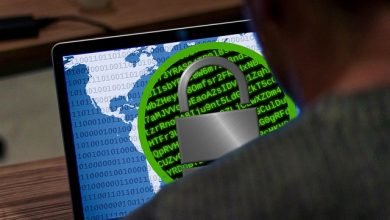How Blockchain Will Transform Credentialing, and Education
Blockchain acts like a public ledger that automatically records and verifies transactions. Using the same concept the usage of blockchain can be used for academic credentialing as well. For every new skill, degree, certification or a digital badge would be added and recorded like a link in a chain. These credentials will be tamper-proof in assurance to the employers that these are the skills achieved by the students.
A report by Joint Research Centre (JRC) – the European Commission’s science and knowledge service states that blockchain is going to end paper-based certificates, automate awards, credits, and recognition, increasing the learner ownership to have control over their own data. This will reduce institutional data cost and risk, provided open standards are adopted.
Below are the blockchain benefits that JRC points out:
- The users will have the supreme power to maintain control over the storage and management of their personal data stored.
- The infrastructure will provide the confidence and trust to carry out its operations such as payments or even certificate related issues.
- The transactions will take place in such a manner where each participant will have the transparency to enter into that same transaction.
- The records that are written and stored will be untouched, no modifications can be made.
- One can remove the need for a controlling authority to manage the records and transactions.
- Two or more parties will be able to transact directly with each other without the requirement of a mediator.
The entries that are done in the blockchain are permanent, offers transparency and are searchable. This makes it easy for any community member to view transaction history. For every update that takes place a new “block” is added to the end of the “chain”. There’s a protocol that manages how the new edits or entries are initiated, validated, recorded and how they are distributed.
Using blockchain technology, the cryptology replaces the third party intermediary as the keeper of trust, with all the other blockchain participants running complex algorithms to certify the integrity as a whole.
Blockchain applications are still at its initial stages concludes JRC. The benefits will only be achieved through implementations where fundamental components will be included as a solution – vendor independence, recipient ownership, decentralized verification etc.
Blockchain can ultimately transform the credentialing process depending on how the employers respond to this technology. Now more than ever students and professionals are looking forward to taking up blockchain certification courses or blockchain credentials in order to stay in demand in the industry.
There is no doubt around the potential for blockchain technology to transform the way it is today. In simple words, education at a glance — having an emphasis on sharing, acquisition, verification of skills, and knowledge looks like a perfect fit for this technology.
JRC also suggests that there should be a development of open standards for educational records and have a continued community conversation regarding the advantages of blockchain technology.
The MIT Media Lab is said to be using Blockcerts for issuing digital certificates, since the year 2015. The Open University and the University of Nicosia have been experimenting with blockchain certificates in Europe.
Verified Credentials, because of its verified credentials and enhanced security and the ability to function without a central authority blockchain is the perfect technology for storing, issuing and sharing credentials. Central Blockchain Council of America (CBCA) are providing credentials on blockchain technology, with the benefit of access to one of the world’s best credentialing platform.
The blockchain is still an emerging field and the technology promises a way of trust and security. In order to bring an impact to the system employers and educational institutions will still need to decide what skills and knowledge are important and how they should be developed and assessed Although, at a certain level, machine scoring will be taken into account, in most of the cases and multidimensional skills the human judgment will still remain significant.




